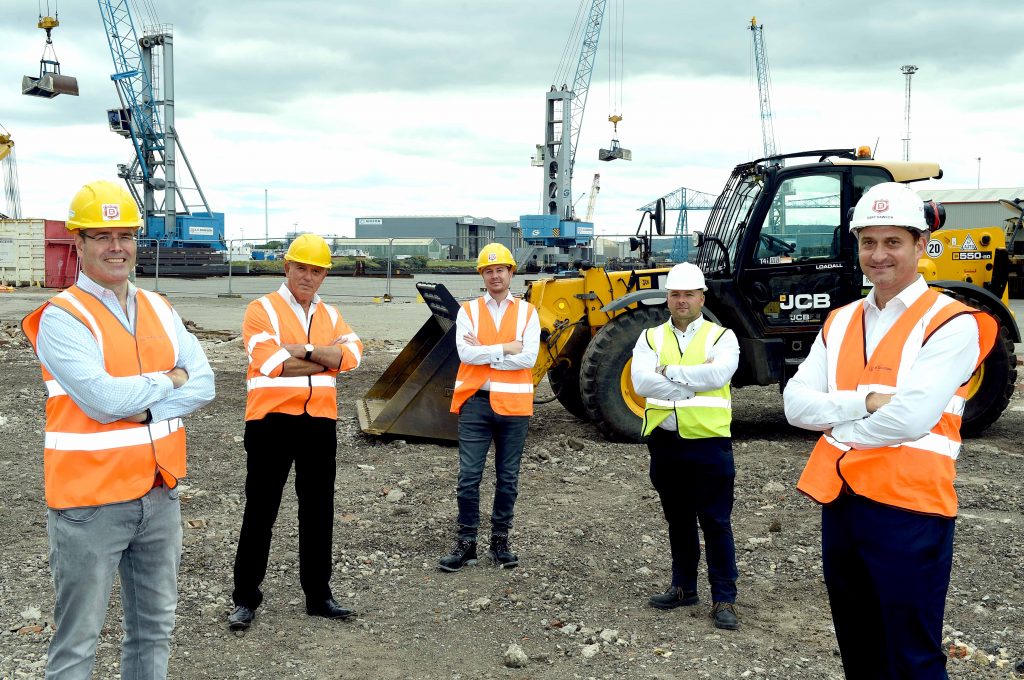Teesside Secures First Plant for Alternative Fuel Project
18th August 2020

AV Dawson’s port facility in Teesside has been announced as the first site for a revolutionary new alternative fuel project that will support ambitions to reduce landfill and global carbon emissions.
Waste Knot Energy (Waste Knot) has secured funding from Gresham House’s British Strategic Investment Fund (BSIF) to build its first fuel pelleting plant in Middlesbrough.
The plant will produce Waste Knot’s Green Knot branded pellets using non-recyclable waste – otherwise destined for landfill or for another country’s waste facilities. The high-calorific value of the pellets makes them a reliable, low-emission bulk alternative to coal and pet-coke for energy-intensive industries – such as cement and steel.
AV Dawson’s Middlesbrough facility was selected as the site for the first plant due to its quayside location on the south side of the River Tees, providing a strategic entrance point to serve the UK and beyond. With construction now underway at the site, this marks an important step for the UK in developing infrastructure to process its own waste and providing an alternative to landfill.
Once completed, the plant in Middlesbrough will create over 20 full time jobs and revenue within the region. It is estimated the plant will manufacture in excess of 240,000 tonnes of fuel pellets each year, which will be transported within the UK by rail or exported by ship. The plant is being developed on a brownfield site owned by AV Dawson.
Gary Dawson, Managing Director at AV Dawson says: “We are completely redeveloping a whole area of our Middlesbrough site to provide a tailored solution for the customer that gives them a purpose-built facility with immediate access to the quayside, enabling the efficient production and export of pellets around the world.
“Once the processing facility is operational, we will be providing the ongoing logistics; loading vessels on a weekly basis to keep up with 24-hour production schedule.
“This project is an exciting step forward in the expansion of our port facilities on the River Tees. It is part of our long-term plans to move into renewable and recyclable energy markets; supporting our diversification strategy and our environmental aspirations. It also supports the region’s and the UK’s wider environmental challenges to create a circular economy; diverting waste from landfill whilst supporting the move away from fossil fuels.”

